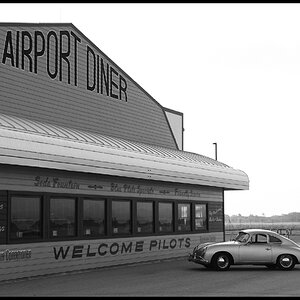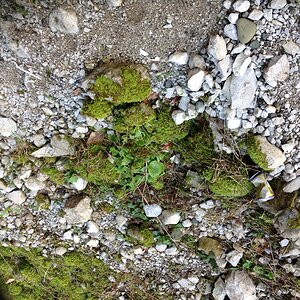TonysTouch
TPF Noob!
- Joined
- Jul 20, 2012
- Messages
- 239
- Reaction score
- 22
- Location
- San Diego
- Can others edit my Photos
- Photos OK to edit
Digital can be a lot cheaper to learn with. For the most part, once you have the general equipment, your expenses stop. With film, it is going to cost you every time you finish a roll.



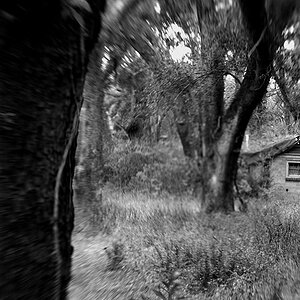
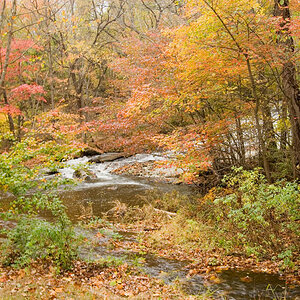
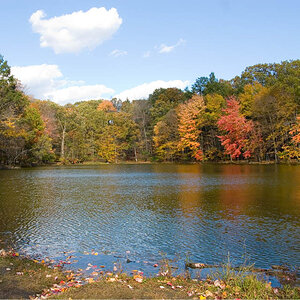
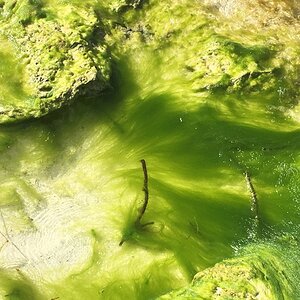

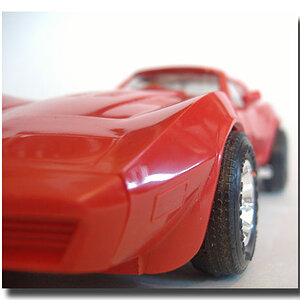
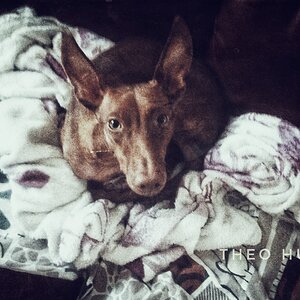
![[No title]](/data/xfmg/thumbnail/33/33493-f055dbbe7f00f271d3959dd3a6482165.jpg?1619736004)
